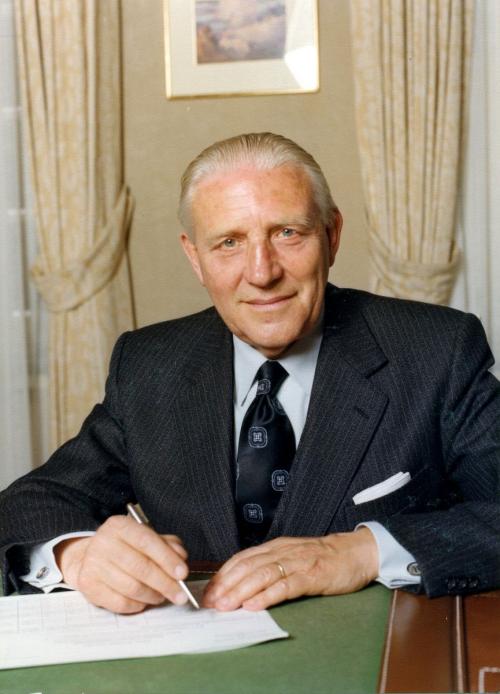-
About Us
-
Donors
-
Foundations & Projects
-
Beneficiaries
-
News
News
News
Universal Education
Interview with Luc Frieden, President of the Fondation Pierre Werner
News
Universal Education
Luc Frieden, President of the Fondation Pierre Werner and former Luxembourg Minister of Finance, shares the foundation’s mission and the role it hopes to play in regard to the evolving European project.
Check out the video below.



